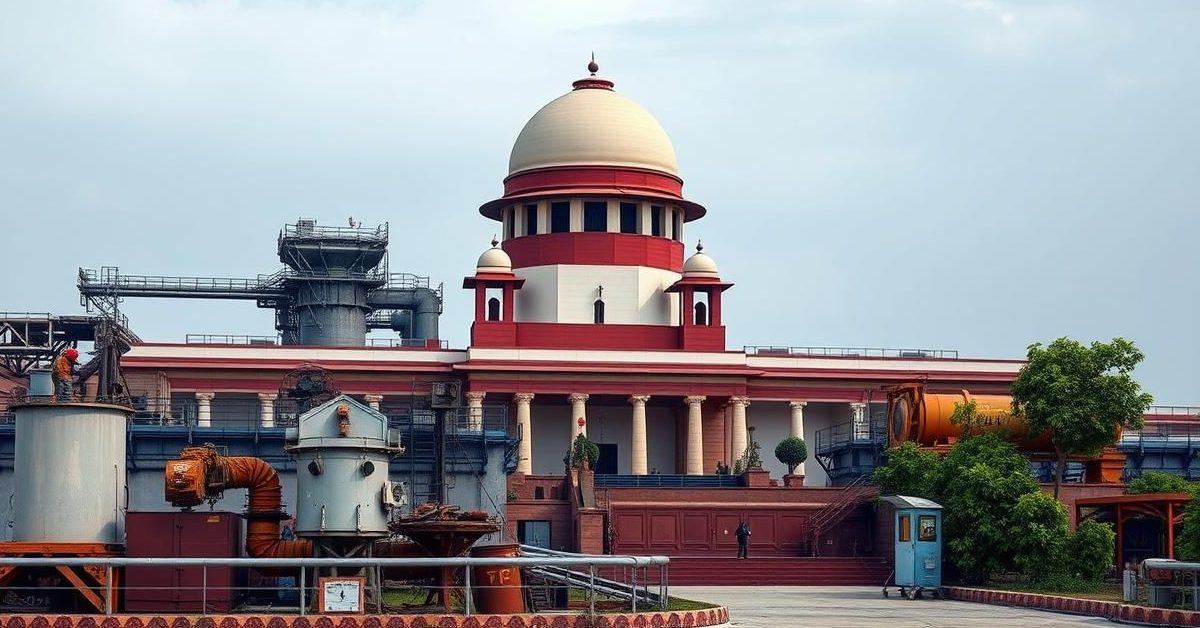The Alluring Shadow: Dawood Ibrahim’s Obsession with Bollywood
The name Dawood Ibrahim resonates with a chilling mix of fear and fascination across India, particularly within the glamorous corridors of the Hindi film industry. For decades, the notorious underworld don, head of the dreaded D-Company, harbored a profound, almost obsessive, interest in Bollywood. Far from being a mere spectator, his life, his criminal empire, and his audacious exploits became the raw material for countless cinematic narratives, transforming him from a shadowy figure into an enduring pop culture icon. Yet, the relationship was never one-sided; his influence went far beyond simple inspiration, evolving into a complex web of control, finance, and terror that fundamentally reshaped Indian cinema.
From Inspiration to Intrusive Hand: The Underworld’s Grip
Initially, Dawood’s notoriety fueled a wave of gritty crime dramas and gangster sagas that enthralled audiences. Films like Ram Gopal Varma’s *Satya* and *Company* offered fictionalized, yet deeply evocative, glimpses into the Mumbai underworld, often drawing direct parallels to the D-Company’s operations and the charismatic, dangerous figures at its helm. Even acclaimed features like Anurag Kashyap’s *Black Friday*, a stark portrayal of the 1993 Mumbai bombings, implicitly linked back to the don’s alleged orchestrations, cementing his image as the ultimate antagonist. Bollywood found its villain, and in turn, amplified his mystique.
However, the dynamic shifted dramatically after Dawood Ibrahim fled India, establishing his base in Dubai and later, allegedly, in Karachi. Distance did not diminish his ambition; it merely changed his modus operandi. From abroad, he began actively attempting to infiltrate and control the film business, seeing it not just as a source of entertainment, but as a potent tool for laundering illicit funds, boosting his public image, and exerting immense influence. His shadowy tentacles reached out, using a combination of brute force, subtle manipulation, and the siren call of easy money to draw the industry into his orbit.
The Hawala Nexus and the Velvet Glove
The D-Company’s involvement in Bollywood was multifaceted. One primary avenue was through *hawala* — an informal system of transferring money without actual physical movement, often used for illicit transactions. Black money, extorted wealth, and drug proceeds found their way into film productions, providing quick and untraceable funding. Producers, eager for capital and perhaps swayed by the allure of a powerful patron, often accepted these funds, wittingly or unwittingly becoming entangled in the underworld’s financial web. This influx of unregulated cash distorted market dynamics and created a dangerous dependency.
Beyond mere financing, Dawood’s aides, most notably his trusted lieutenant Chhota Shakeel and his brother Anees Ibrahim, began directly dictating terms. From film casting to script changes, their word carried an undeniable weight. Actors, directors, and even music composers found themselves receiving calls from unknown numbers, their creative freedom curtailed by veiled threats or the promise of lucrative opportunities that came with a hidden cost. The industry, known for its flamboyance, suddenly found itself operating under a pervasive cloud of fear.
The Reign of Terror: Extortion and Tragic Consequences
The velvet glove of financial backing soon revealed the iron fist of extortion. Underworld figures began demanding protection money from prominent Bollywood personalities. Those who resisted often faced dire consequences. The most tragic and widely publicized incident was the brutal murder of music mogul Gulshan Kumar in 1997. The founder of T-Series, a titan in the Indian music industry, was gunned down in broad daylight, a crime widely attributed to the D-Company after he reportedly refused to pay extortion money. This heinous act sent shockwaves through Bollywood, serving as a chilling reminder of the very real danger that lurked beneath the surface of glamour.
Such incidents forced many within the industry to choose between collaboration and confrontation. Some fled the country, seeking refuge from the persistent threats. Others quietly complied, their lives forever intertwined with the shadowy figures of the underworld. The line between creative pursuit and criminal complicity blurred, leaving an indelible stain on Bollywood’s golden era.
Lingering Echoes: A Legacy of Fear and Fascination
Even today, decades after Dawood Ibrahim’s most active period of direct involvement, his shadow continues to loom large over the Hindi film industry. The fascination persists, evidenced by films like *Once Upon A Time In Mumbaai*, which openly dramatize the lives of Mumbai’s notorious gang lords and their interactions with the film world. However, the narrative has evolved, often portraying the dangers and moral compromises inherent in such associations with greater clarity and caution.
The complex, often terrifying, relationship between Dawood Ibrahim and Bollywood serves as a potent cautionary tale. It’s a story of how unchecked ambition and illicit power can infiltrate and corrupt even the most vibrant and creative of industries. While the direct threats have arguably lessened, the legacy of fear, the understanding of the underworld’s insidious reach, and the indelible mark left on countless lives remain a significant, somber chapter in the history of Indian cinema.














